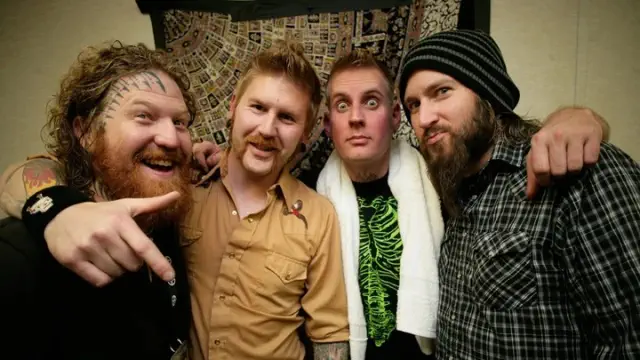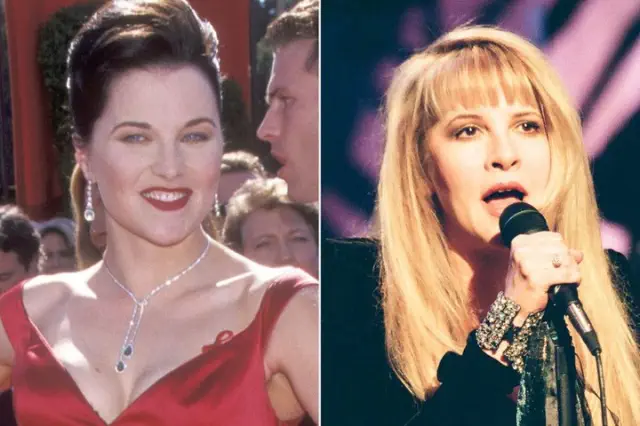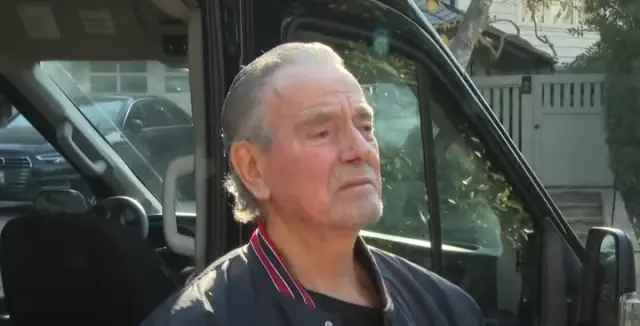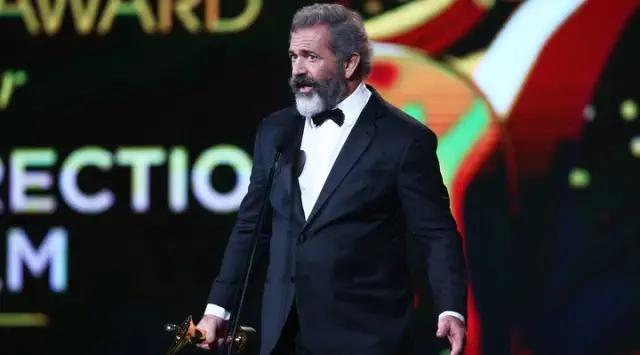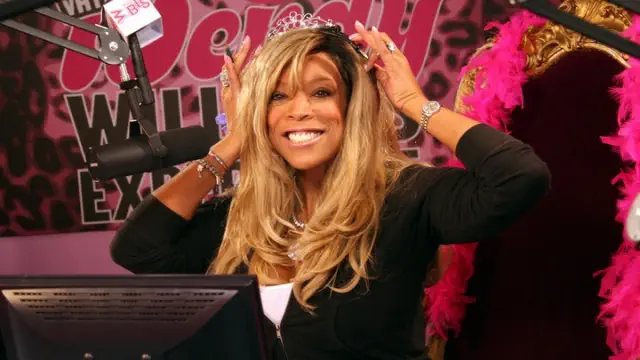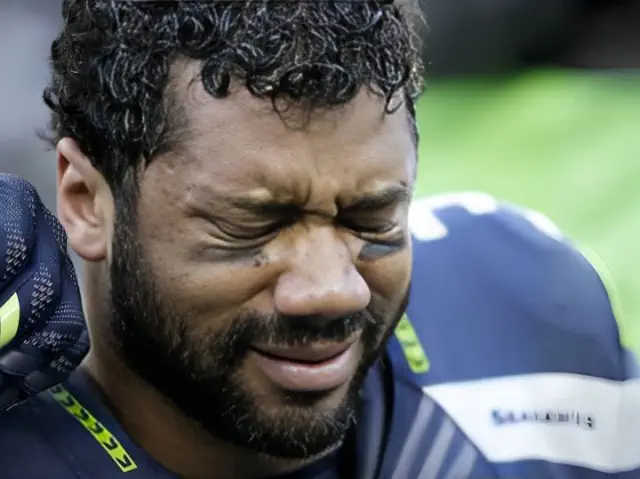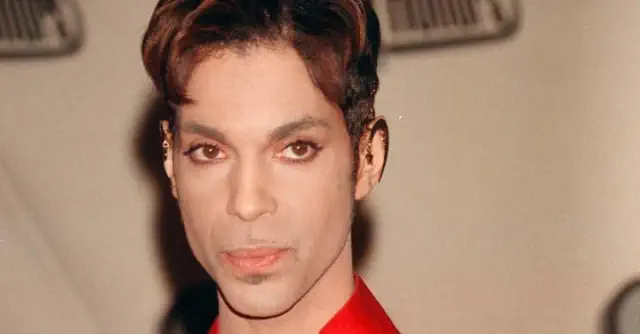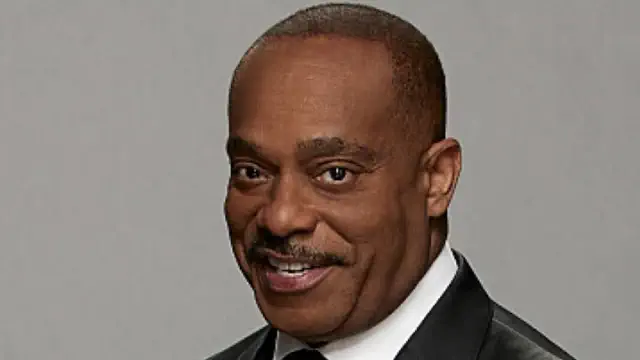A wild brawl fueled by alcohol, a heartbreaking childhood incident, and the influence of a renowned producer all played a role in guiding Mastodon towards their melodic direction on the album Oblivion.
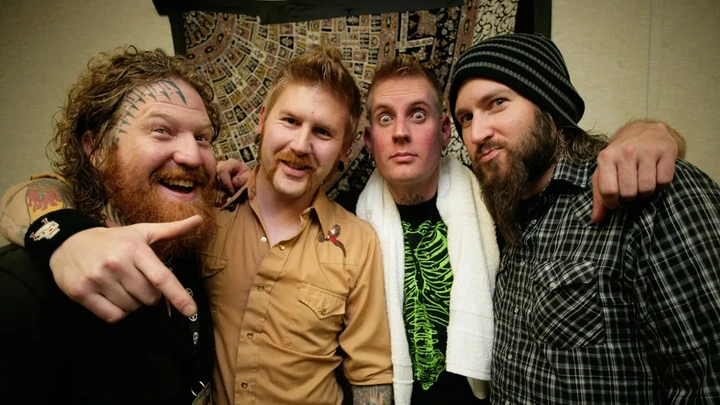
View pictures in App save up to 80% data.
The last person who wanted Mastodon’s Brann Dailor to sing on Oblivion was Brann Dailor. Actually, that’s not quite true. The Atlanta band’s big-shot new producer, Brendan O’Brien, didn’t want him to sing on the opening track and second single from their fourth album, 2009’s Crack The Skye, either.
“Brendan believed it would be the standout track on the album,” Brann shares today from his Atlanta residence, with his dog barking nearby. “He mentioned, ‘There’s no chance I’m letting the drummer be the first voice you hear on this record. The last thing I want is for you guys to appear on [Late Show With] David Letterman and have the drummer singing.’ I replied, ‘I completely agree with you.’”
In the end, the freakin’ drummer did sing on Oblivion – only his second-ever lead vocal, albeit one that was shared with bassist Troy Sanders and guitarist Brent Hinds. But in every other respect, Brendan’s instincts were right.
Crack The Skye marked a vibe shift for Mastodon, a key staging post in their transformation from darlings of the sludge metal underground into a bona fide crossover success story. And Oblivion, in all its shapeshifting yet weirdly commercial glory, was the spearhead for this new direction.
“The thing is, Oblivion almost didn’t make the record,” reveals Brann. “It was the last thing we put together. If it wasn’t for Brendan, it wouldn’t have been on there.”
Even before Crack The Skye, Mastodon had never wanted for acclaim. Their 2002 debut album, Remission, and 2004’s follow-up, Leviathan, were showered with critical plaudits, even though they were both too abrasive to trouble the mainstream. That needle began to move with 2006’s major label debut, Blood Mountain, the four-piece’s headmelting prog metal coming-out party. Much was expected of the follow-up, even if the band themselves weren’t thinking of it in commercial terms.
“We were uncertain about our direction,” Brann remembers. “There was no concrete plan in place. The most important factor was that Brent was recovering from a serious head injury he had experienced.”
In September 2007, Mastodon took the stage at the MTV Music Awards held in Las Vegas. Following their performance, Brent found himself in a drunken confrontation with Shavo Odadjian, the bassist of System Of A Down, along with musician William Hudson, which resulted in Brent being hospitalized due to a brain hemorrhage. This injury occurred after he was struck and fell, hitting his head on the pavement. Although he did recover, the incident left him suffering from intense vertigo.
Brann remarks, “Finding time to practice was a challenge for him. He often found himself at home with his acoustic guitar. The struggle of waking up and managing his vertigo made his playing a bit more subdued, yet he incorporated these intricate chord progressions. There was an undeniable emotional richness in his music that I could sense emanating from Brent.”
While they might not have been focused on their standings on the charts, that didn’t imply they weren’t prepared to excel in other aspects. Brendan O’Brien was a top-tier producer with an impressive resume, having worked with renowned artists such as Bruce Springsteen, AC/DC, Pearl Jam, and Korn. Although he was also located in Atlanta like Mastodon, the band believed they were too low on the industry ladder to capture his attention.
Brann shares, “We assumed he wouldn’t be interested in collaborating with a humble metal band. However, when we met him, he was actually excited about it.”
Mastodon gathered at their rehearsal space to play Brendan the songs they’d written so far. Oblivion wasn’t among them – it was more an unfinished collection of ideas that an actual song. But they ran through it anyway.
Brann recalls, “He asked, ‘What’s that?’ So I began to sing the vocals I had prepared for the verse, while Brent harmonized with the guitar melody for the chorus. Then Brendan exclaimed, ‘Whatever that is, we have to head straight to the studio and capture it! The rest is good, but that’s the track we need!’”
Starting in the spring of 2008, Mastodon began working on Crack The Skye in the producer’s Southern Tracks Studio, just a few blocks from Brann’s house. “I had no idea it was there,” he says. “It’s in the basement of this house that I would drive past every single day for years. I had no idea that Bruce Springsteen was down there, Pearl Jam, Bob Dylan…”
The big sticking point when it came to recording Oblivion was who would sing it. Brann had always contributed vocal ideas to Mastodon but had only sung lead on one song, unleashing a harsh death metal roar on Battle At Sea from their very first nine-song demo, released in 2000 and reissued in 2006 as Call Of The Mastodon.
However, this arrangement came about only out of necessity, as none of his bandmates arrived at the studio on the scheduled day for vocal recording. Since then, Troy and Brent have taken on the vocal responsibilities together.
“I went in and laid down an idea I had for Oblivion as placeholder for Troy to replicate,” he says. “But Brent said: ‘Man, there’s something about your voice I like.’ I went, ‘OK, cool, but we’re not keeping it.’”
Brendan O’Brien shared the same sentiment. The producer was resolute in his goal to create a rendition featuring Troy's vocals that mirrored Brann's initial raw take perfectly. In the end, he succeeded.
“We all gave it a listen, and everyone agreed, ‘That sounds fantastic,’” Brann recalls. “Then Brent chimed in, ‘Absolutely, it sounds amazing. But let’s give Brann’s a listen one more time, just to be certain.’ Deep down, I had a feeling about what was coming. Brent said, ‘Sorry, Brann, but you’ll need to work on it.’ Even Brendan was nodding along, saying, ‘He’s got a point, damn it.’”
![Mastodon - Oblivion (Official Music Video) [High Definition Remaster] - YouTube](https://cdn.accountdigital.net/19b1bb48-bff7-4cfe-a927-467f64e189d5)
View pictures in App save up to 80% data.
Oblivion became the first Mastodon song to feature three lead vocalists: Brann on the verses, including the opening one, Troy on the pre-chorus, Brent on the chorus. Even now, Brann has mixed feelings about his dual role on the song.
"The very last thing I felt like doing was singing and playing the drums. It's frustrating. Plus, it irritates others since they can't figure out where the singing is coming from."
If the drummer was doubtful of his value as Mastodon’s third singer, the story he cooked up for Crack The Skye helped push it into another realm. The vividly psychedelic and sometimes hard-to-follow concept centred around a paraplegic boy who gets lost while astral travelling, and takes in wormhole theory, early 20th century Russian mystic Rasputin and the Devil himself.
“Oblivion marks the start,” Brent explains. “The astral umbilical cord that connects him gets incinerated by the sun, leaving him adrift in a wormhole.”
However, the idea was also influenced in part by the tragic suicide of Brann's sister, Skye, who passed away when she was just 14 and Brann was 15. He had planned to be at home that evening but ended up staying out "because I was hanging out at this guy's place."
In Oblivion, the drummer sings: ‘I tried to bore a hole into the ground / Breaking all the fingers and the nails from my hand.’ It’s a reference to a real-life incident when Brann, high on LSD at his sister’s grave, attempted to dig down to her coffin using his hands (he gave up, only to see a vision of his sister in the sky).
“The whole story of Crack The Skye is like a redemption story for me and my perceived involvement in her passing,” he says. “I know it’s not my fault, but it’s hard to convince yourself of that when what happened happened and you can’t fix it. But when I can come up with this fantastical thing where Rasputin goes and saves this person and brings them back to their body and everything’s OK… I don’t love the word ‘closure’, but it helps a little bit.”
Oblivion was released as a single on February 16, 2009, a month ahead of Crack The Skye. The album’s first single, Divinations, may have kicked off with a banjo, but it still seethed and raged like the Mastodon of old. By contrast, Oblivion was more melodic, less jagged.
“It felt like we were venturing into new territory – it was definitely a change,” Brann shares. “I was uncertain about how our loyal fans would react. At first, the response was far from positive. In fact, some people absolutely loathed it. I’ve come across comments where fans claim, ‘Brann’s singing destroyed the band.’ Yet, there are others who argue, ‘He’s our hidden gem.’ Honestly, I’m convinced I’m the one who messed things up! Ha ha ha!”
